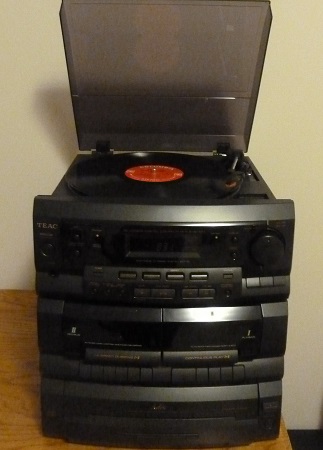A Day Late and a Dollar Short
 As a child, I often heard people say they were a day late and a dollar short. They usually meant they did not have enough money to buy something or pay a bill.
As a child, I often heard people say they were a day late and a dollar short. They usually meant they did not have enough money to buy something or pay a bill.
However, I learned the expression has a greater meaning.
A day late and a dollar short means to be unprepared and too late.
That can be money for purchases or bills, as I thought. It can also mean not enough effort in:
- Relationships
- Work
- Personal goals
In each one, people fail to get the ball rolling. They dillydally when they need to get to work.
Lack of effort and failure to be on time benefit no one.
Everyone loses.
- Family members who ignore one another threaten their relationships
- Lazy workers hurt their employers and risk losing their jobs.
- Anyone who invests little time or effort fails to achieve their best.
Prepare. Work well. Use time wisely.
A good plan for now and eternity, don’t you agree?
“Jesus replied, ‘My light will shine out for you just a little while longer. Walk in it while you can, and go where you want to go before the darkness falls, for then it will be too late for you to find your way’” (John 12:35 TLB).
Thanks to Emily Akin for the suggestion.
Do you have an expression you want explained or a thought about this one? If so, please comment below.
Subscribe to receive my weekly posts by email and receive a free copy of “Words of Hope for Days that Hurt.”
If you enjoyed this post, please share it with your friends.
Congratulations to Betty Johnson whose name was randomly drawn from my mailing list for a free copy of Tracy Crump’s book, Health, Healing, and Wholeness: Devotions of Hope in the Midst of Illness.

 I love butterflies, don’t you? I watch for them in gardens, yards, and on walks. Their colors and the way they flutter through the air thrill me. A butterfly makes any day better. However, I don’t love butterflies in my stomach.
I love butterflies, don’t you? I watch for them in gardens, yards, and on walks. Their colors and the way they flutter through the air thrill me. A butterfly makes any day better. However, I don’t love butterflies in my stomach. For young people unfamiliar with vintage audio, saying someone sounds like a broken record fails to compute. Many can’t relate to a record player needle landing on a scratched vinyl record—a sound definitely not
For young people unfamiliar with vintage audio, saying someone sounds like a broken record fails to compute. Many can’t relate to a record player needle landing on a scratched vinyl record—a sound definitely not  Get ready. Beware. Katy bar the door.
Get ready. Beware. Katy bar the door. Sometimes life gets so loud I can’t hear myself think.
Sometimes life gets so loud I can’t hear myself think. Old wagons, carts, and carriages remind us that the squeaky wheel gets the oil (or grease). Their rides equal hours of fun — if the wheels work well.
Old wagons, carts, and carriages remind us that the squeaky wheel gets the oil (or grease). Their rides equal hours of fun — if the wheels work well. Do you have a nest egg? Perhaps you hide it in a special place at your home. Maybe in a sock or a cookie jar? Or you might keep it in a bank or other financial institution.
Do you have a nest egg? Perhaps you hide it in a special place at your home. Maybe in a sock or a cookie jar? Or you might keep it in a bank or other financial institution. Let it be. Let it lie.
Let it be. Let it lie.  Do you ever meet yourself coming and going? With
Do you ever meet yourself coming and going? With